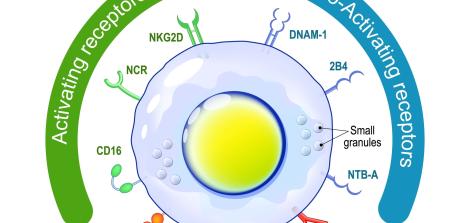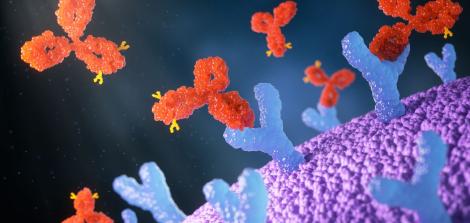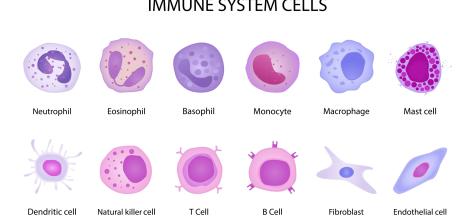Organ-on-a-Chip

An organ-on-a-chip is a kind of “mini organ” or “tiny tissue” that researchers produce in a lab on a silicon chip. The goal: To recreate, in 3D, the basic structure and function of the tissue as it exists in the human body for research purposes. Chips can also be connected to create a system of organs on a chip, which allows researchers to study how bodily systems affect each other.
An organ-on-a-chip provides an important solution in the field of drug development. One of the main challenges in the drug development process which makes it very expensive and time consuming is the lack of models on which the drug can be tested before being tested on humans. Currently, lab animals are used to test drugs in the early stages, but they often do not accurately reflect human physiology. The result is that drugs that appear safe and effective in animals may turn out to be unsuitable and even dangerous for humans. Organ-on-a-chip technology aims to address this problem and provide an additional model for research on the human body.
Last Updated Date : 03/08/2024








